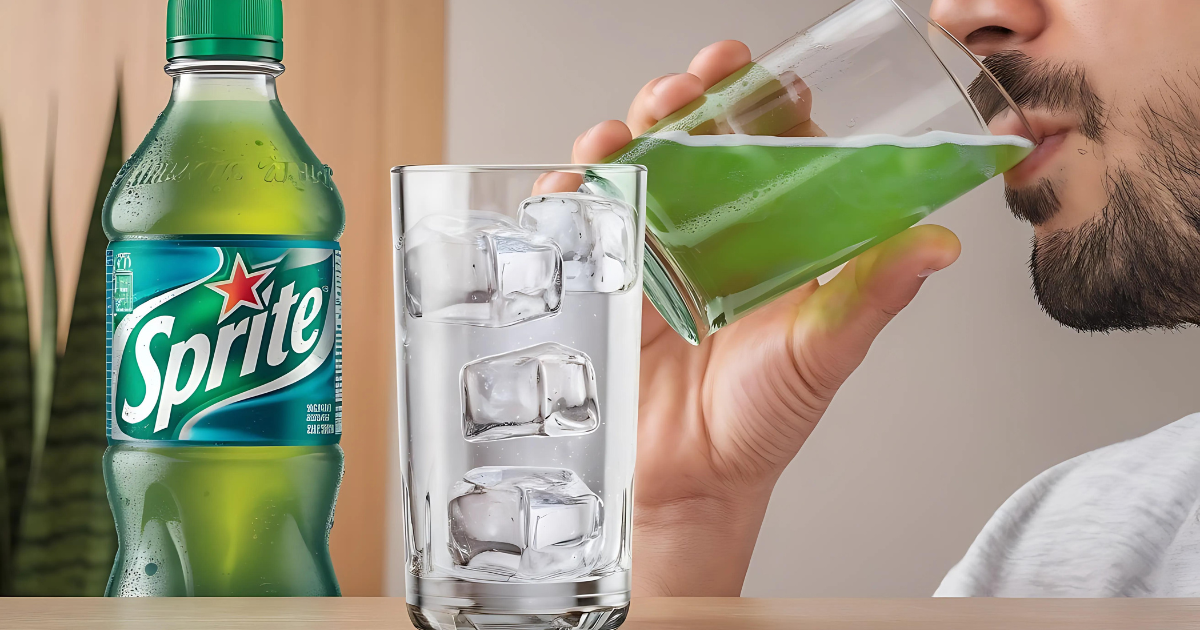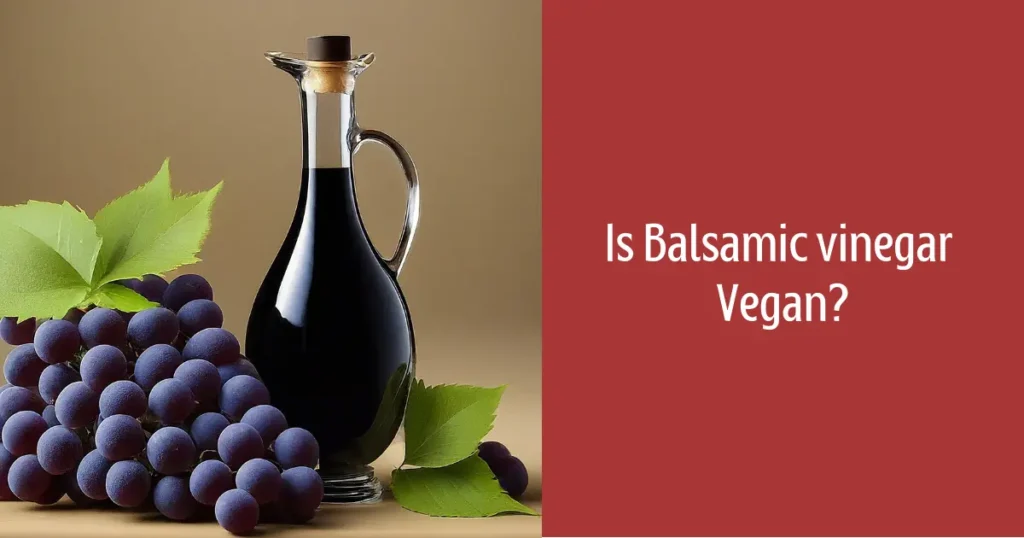Sprite is one of the most popular lemon-lime sodas worldwide, known for its crisp, refreshing flavor. With the rise of veganism, many are curious whether Sprite aligns with a vegan lifestyle. Is Sprite vegan? Yes, Sprite is generally considered vegan, as it does not contain animal-derived ingredients. This article examines the ingredients in Sprite and Sprite Zero to evaluate their vegan status and also covers their caffeine content.
What is Sprite?
Sprite was introduced in 1961 by The Coca-Cola Company as a lemon-lime soda. Its main ingredients include carbonated water, high fructose corn syrup (or sugar in some regions), citric acid, natural flavors, and sodium citrate. Each ingredient contributes to Sprite’s signature taste, but understanding how these components are sourced and processed is crucial in determining its vegan status.
- Carbonated Water: Pure water infused with carbon dioxide, making it naturally vegan.
- High Fructose Corn Syrup: A sweetener derived from corn, making it plant-based.
- Citric Acid: Typically derived from citrus fruits or fermented sugars, this is also vegan-friendly.
- Sodium Citrate: A salt of citric acid, it is synthesized chemically and vegan.
Is Sprite Vegan?
While Sprite’s ingredients appear vegan-friendly, the inclusion of natural flavors creates some uncertainty. These flavors, often derived from plant sources, can occasionally come from animal-based ingredients. Sprite’s label does not provide specific information on whether these natural flavors are entirely plant-based. Despite this, most sources agree that Sprite is likely vegan since it does not contain any obvious animal-derived components. Additionally, Sprite avoids using artificial colors and sweeteners, which are often scrutinized by vegans for their association with animal testing.
Is Sprite Zero Vegan?
Sprite Zero primarily differs from regular Sprite due to its use of artificial sweeteners, specifically aspartame, instead of high fructose corn syrup or sugar. Aspartame is synthetically produced and is considered vegan. However, some vegans may choose to avoid it due to its history of animal testing during safety evaluations. Besides this, Sprite Zero contains similar ingredients to regular Sprite, including carbonated water, citric acid, natural flavors, and sodium citrate. As with Sprite, the concern over “natural flavors” applies here as well, though the general consensus is that Sprite Zero is also vegan-friendly.
Does Sprite/Sprite Zero Have Caffeine?
Neither Sprite nor Sprite Zero contains caffeine, distinguishing them from other Coca-Cola products that may include it. Both drinks are marketed as caffeine-free, making them appealing to individuals looking for a soda without caffeine’s stimulating effects. A standard 12-ounce (375 ml) can of Sprite contains 140 calories and 38 grams of sugar but no caffeine. For many consumers, the combination of being caffeine-free and likely vegan makes Sprite an attractive beverage choice.
Healthier and Vegan-Friendly Alternatives to Sprite
For those seeking healthier or more nutritious alternatives to Sprite, several vegan-friendly options are available:
- Sparkling Water: Naturally vegan and carbonated, it provides fizz without added sugars or artificial ingredients. You can enhance the flavor by adding lemon or lime.
- Coconut Water: A hydrating, plant-based beverage rich in electrolytes, making it a healthier and vegan-friendly alternative.
- Kombucha: A fermented tea drink that offers probiotics and less sugar than traditional sodas. Kombucha is typically vegan, though it’s always good to check labels for any non-vegan additives.
- Herbal Teas: Naturally caffeine-free and made from plant-based ingredients, herbal teas like peppermint or citrus can offer a refreshing, vegan alternative.
Both Sprite and Sprite Zero are generally considered vegan as they do not contain any clearly animal-derived ingredients. However, the use of “natural flavors” and artificial sweeteners like aspartame may raise concerns for more strict vegans, particularly regarding ingredient sourcing and animal testing. For those who prefer full transparency or have concerns about ethical practices, vegan-certified beverages, and healthier alternatives may offer more peace of mind. Always check product labels for updates to ensure they align with your values and dietary choices.





